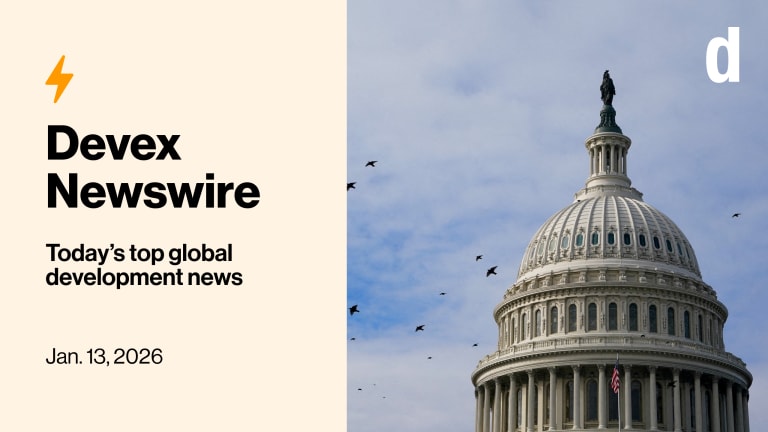Next year’s U.S. spending bill narrowly cleared the House of Representatives on Thursday night and will now head to the Senate, where it needs a unanimous vote to pass. Here’s a look at how foreign aid and development accounts would fare in fiscal year 2015 under the omnibus budget:
● Overseas coal production. The bill removes U.S. President Barack Obama’s restrictions on financing coal projects overseas. This frees up the Export-Import Bank and the Overseas Private Investment Corp. to move forward on coal projects, which Obama curtailed in 2013 because of the damage coal production inflicts on the environment. Before the restriction, Ex-Im Bank had loaned more than $2 billion for coal projects since 2007, and provided $5.2 billion to support coal-mining overseas.
● Humanitarian aid. The bill includes nearly $100 million more than the current budget for State Department refugee programs and the U.S. Agency for International Development emergency relief account, for a total of $4.95 billion, well above the White House’s request. It’s important to note, however, that $5.4 billion is allocated for emergency Ebola response split between USAID and the State Department; the Department of Health and Human Services; and the Department of Defense. This puts the base level for humanitarian aid about 6 percent below current funding, and 16 percent below 2010 levels.








